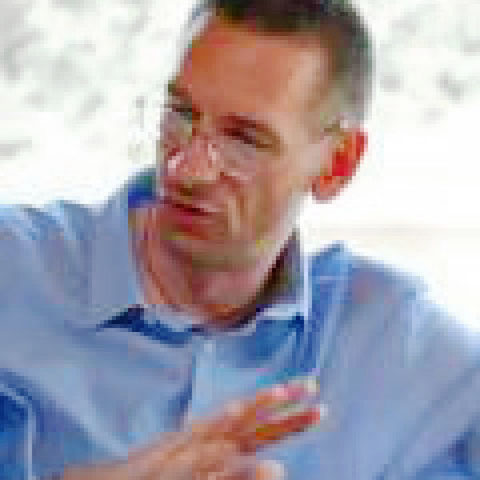KLI Colloquia are invited research talks of about an hour followed by 30 min discussion. The talks are held in English, open to the public, and offered in hybrid format.
Join via Zoom:
https://us02web.zoom.us/j/5881861923?omn=85945744831
Meeting ID: 588 186 1923
Spring-Summer 2026 KLI Colloquium Series
12 March 2026 (Thurs) 3-4:30 PM CET
What Is Biological Modality, and What Has It Got to Do With Psychology?
Carrie Figdor (University of Iowa)
26 March 2026 (Thurs) 3-4:30 PM CET
The Science of an Evolutionary Transition in Humans
Tim Waring (University of Maine)
9 April 2026 (Thurs) 3-4:30 PM CET
Hierarchies and Power in Primatology and Their Populist Appropriation
Rebekka Hufendiek (Ulm University)
16 April 2026 (Thurs) 3-4:30 PM CET
A Metaphysics for Dialectical Biology
Denis Walsh (University of Toronto)
30 April 2026 (Thurs) 3-4:30 PM CET
What's in a Trait? Reconceptualizing Neurodevelopmental Timing by Seizing Insights From Philosophy
Isabella Sarto-Jackson (KLI)
7 May 2026 (Thurs) 3-4:30 PM CET
The Evolutionary Trajectory of Human Hippocampal-Cortical Interactions
Daniel Reznik (Max Planck Society)
21 May 2026 (Thurs) 3-4:30 PM CET
Why Directionality Emerged in Multicellular Differentiation
Somya Mani (KLI)
28 May 2026 (Thurs) 3-4:30 PM CET
The Interplay of Tissue Mechanics and Gene Regulatory Networks in the Evolution of Morphogenesis
James DiFrisco (Francis Crick Institute)
11 June 2026 (Thurs) 3-4:30 PM CET
Brave Genomes: Genome Plasticity in the Face of Environmental Challenge
Silvia Bulgheresi (University of Vienna)
25 June 2026 (Thurs) 3-4:30 PM CET
Anne LeMaitre (KLI)
KLI Colloquia 2014 – 2026
Event Details

Topic description:
Living systems are fundamentally dynamic, but prevailing mechanistic approaches to understanding life typically focus on their analysis into collections of essentially “static” entities. While basic molecular entities — genes, RNAs, proteins, etc. — clearly provide a vital part of the substrate for life, we also need to understand the origin, nature and inheritance of phenotype, considered as a dynamic pattern of organisation. An individual’s genotype provides only part of the information required to understand its phenotype; environmental (including maternal) conditions also contribute, as illustrated by phenotypic plasticity and polyphenism. The formalism of dynamical systems provides organisational structures that provide a way of addressing these issues. In the context of living systems, an individual’s genotype can be thought of as specifying part of a dynamical system, with additional information coming from the context in which the genotype is expressed. In this view, the genotype “codes” explicitly only for sets of potentialities. I will explore the ways in which dynamical systems provide a perspective on living systems that is more naturally processual than mechanistic, providing the means for understanding how organisation and structure can interact.
Biographical note:
After reading Natural Sciences and Mathematics as an undergraduate, Nick Monk studied for a PhD at Birkbeck College, London with Basil Hiley. At Birkbeck, he contributed to the development of a fully algebraic formalism for quantum mechanics that provides a mathematical realisation of a process-based ontology. Since obtaining his PhD, his research has focused on mathematical modelling of biological phenomena, predominantly in the context of cell and developmental biology. A central concern in this work has been the importance of dynamics in living systems, and a current focus is on the ways in which the structures of dynamical systems can be used to provide a more process-based approach to biology. He has held positions in Oxford, Nottingham and several Departments in Sheffield, and is currently a professor in the School of Mathematics and Statistics at the University of Sheffield, and a Visiting Fellow at the KLI.


